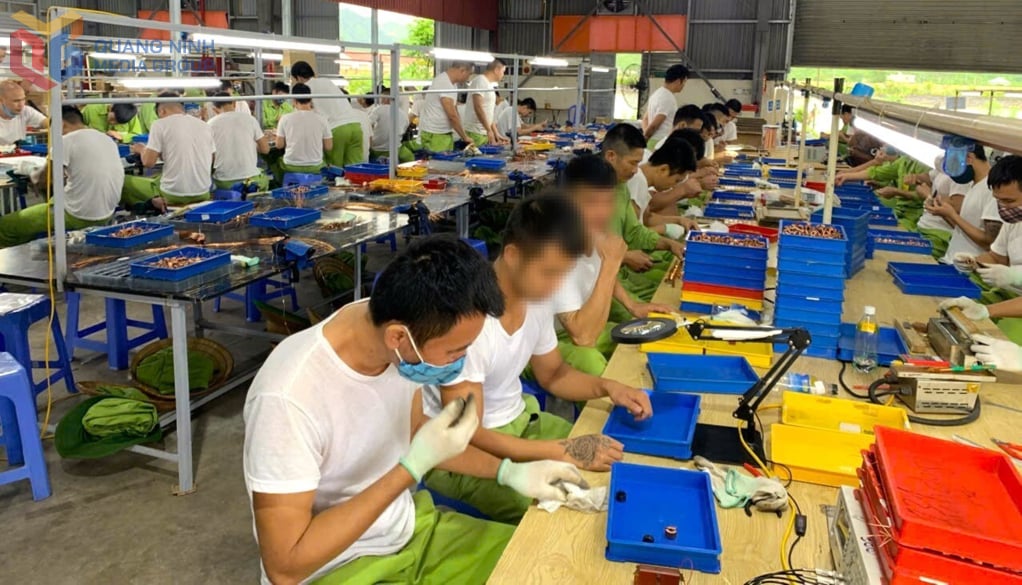
Quang Ninh Province Drug Rehabilitation Center is currently organizing drug rehabilitation for 615 people. In the first 9 months of 2025, 416 students completed the drug rehabilitation program.
In recent years, the drug addiction treatment at the provincial drug addiction treatment center has achieved many results. However, drug addiction treatment still faces many difficulties. Students entering the center are students who have used drugs for a long time, especially heroin and synthetic drugs. When quitting, they often experience pain, insomnia, anxiety, depression, convulsions, autonomic nervous system disorders, etc., requiring timely medical intervention. In addition, there is currently no clear standardized treatment regimen for those addicted to synthetic drugs such as ATS, synthetic marijuana, and ketamine. Addicts often have infectious diseases such as HIV/AIDS, hepatitis B, C, tuberculosis, etc., mental illness, or behavioral disorders, making the treatment process more complicated. Addicts are prone to fear, depression, and resistance when they have cravings, causing difficulties for staff.
Lieutenant Colonel Pham Van Trong, Head of the Quang Ninh Province Drug Rehabilitation Center, said: To help students focus on drug addiction treatment, we promote propaganda, increase conversation sessions, cognitive and behavioral therapy to help students overcome anxiety, depression, and reduce cravings; use incentive models through rewards, combined with life skills education, and enhance the will to quit drugs. In addition, we also guide families on how to support and accompany addicts during the treatment period and after reintegration; train medical staff, counselors, and student managers on skills to deal with addiction, provide psychological support, and prevent violence.
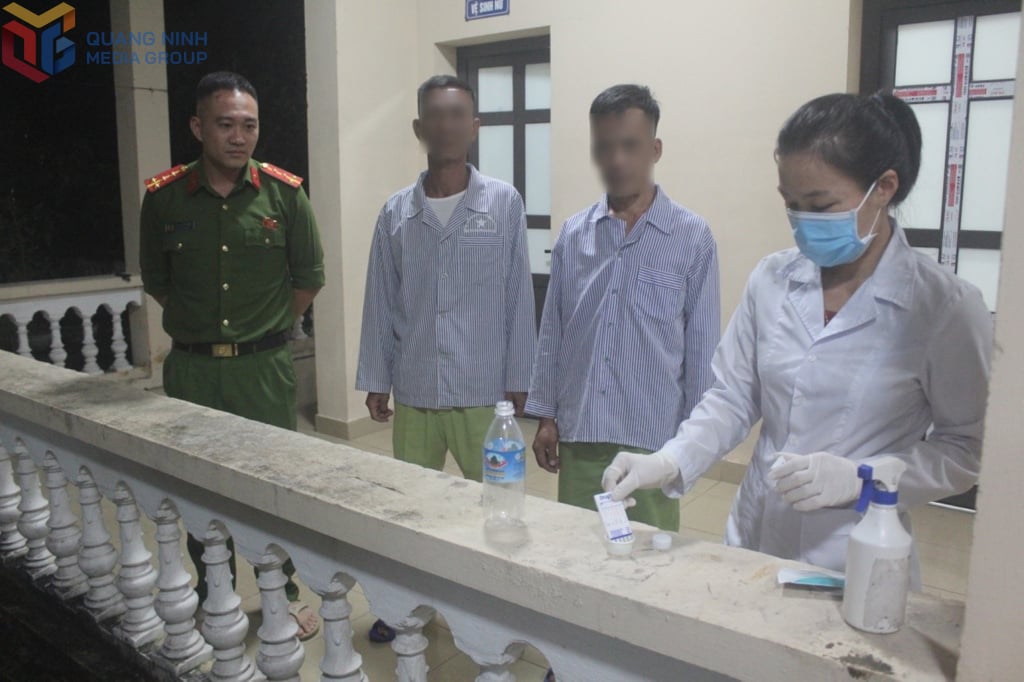
Along with the difficulties in drug addiction treatment, post-rehabilitation management of drug addicts also faces many difficulties for local police. Cao Xanh Ward Police is currently managing 5 subjects after completing drug addiction treatment at a drug addiction treatment facility and returning to local management. Captain Pham Cong Loc, Deputy Chief of Cao Xanh Ward Police, said: It is very difficult for post-rehabilitation drug addicts to completely quit, the possibility of relapse is very high because they are easily influenced by bad elements in society, causing difficulties in management and supervision, especially education. In addition, the establishment of records to monitor post-rehabilitation subjects has not been thoroughly followed, and management work is still difficult because subjects are always afraid of the police and the government. Along with that, when managing post-rehabilitation subjects, the police force does not have the right to intervene in social relationships, and subjects can easily follow other paths if there is no close guidance from the family. In addition, the subjects sometimes work far away, change their residence, workplace, or make false reports to the police... which also causes many difficulties. To overcome the above difficulties, we strengthen education and propaganda for the subjects, helping them realize the importance of committing violations; strengthen communication between families and the police force, detect early and from a distance to prevent. At the same time, we educate and create a happy and favorable environment so that the subjects do not feel lost.
According to the assessment of the authorities, the cause of the difficulty in post-rehabilitation work is the social stigma and discrimination that has made it difficult for many students after rehabilitation to integrate into the community. Therefore, the most important issue is the management, supervision, and education of family, relatives, and the community. To reduce drug addiction, the authorities fight uncompromisingly against crimes of buying, selling, transporting, and organizing illegal use of drugs. For post-rehabilitation people, it is necessary to have strong will and determination to give up drugs and become honest people. Families need to share, encourage, and accompany. Local authorities pay attention to supporting and creating job opportunities for post-rehabilitation people to truly integrate into the community, contributing to reducing the overload compared to the design capacity at drug rehabilitation facilities.
Source: https://baoquangninh.vn/kho-khan-trong-cong-tac-dieu-tri-cai-nghien-ma-tuy-va-quan-ly-sau-cai-3378607.html



![[Photo] National Assembly Chairman Tran Thanh Man receives First Vice Chairman of the Federation Council of the Federal Assembly of the Russian Federation](/_next/image?url=https%3A%2F%2Fvphoto.vietnam.vn%2Fthumb%2F1200x675%2Fvietnam%2Fresource%2FIMAGE%2F2025%2F12%2F02%2F1764648408509_ndo_br_bnd-8452-jpg.webp&w=3840&q=75)





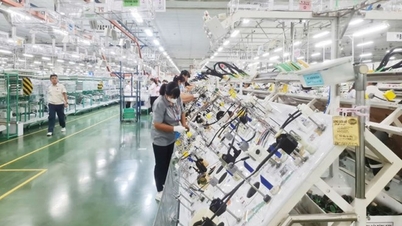



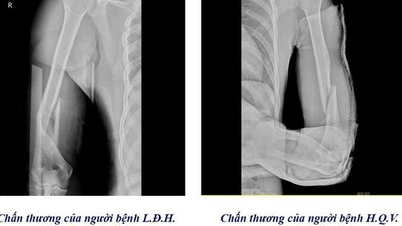








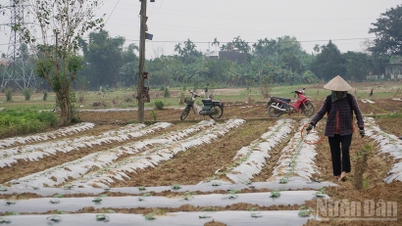


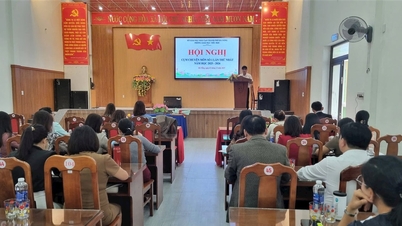







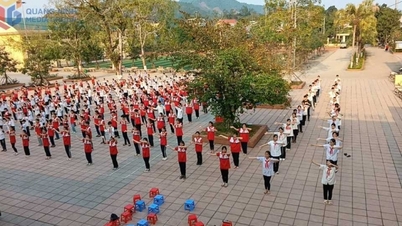


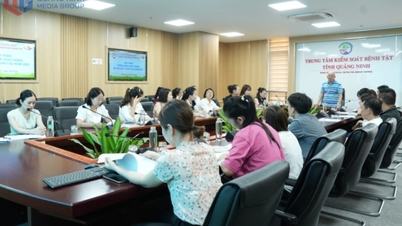
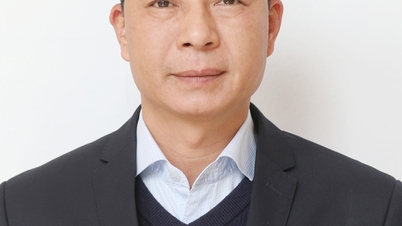
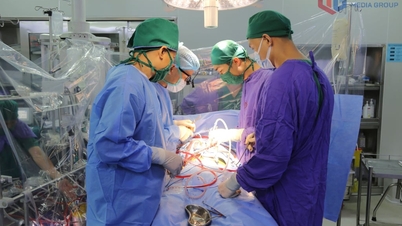






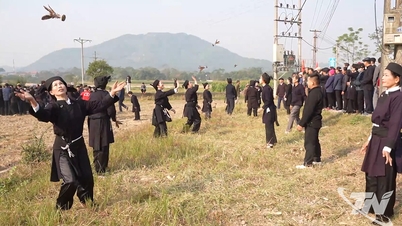




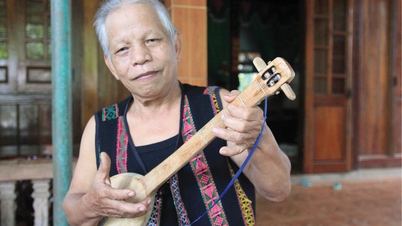

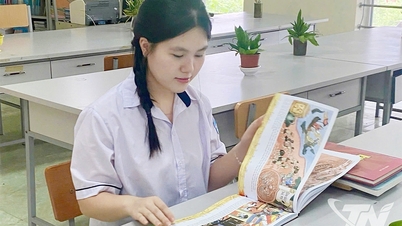














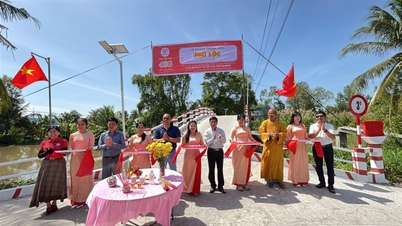











![[Photo] General Secretary To Lam and his wife attend the 50th Anniversary of Laos National Day](https://vphoto.vietnam.vn/thumb/402x226/vietnam/resource/IMAGE/2025/12/02/1764644139308_1.jpeg)





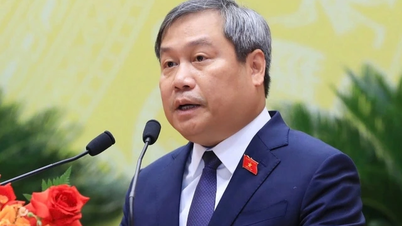

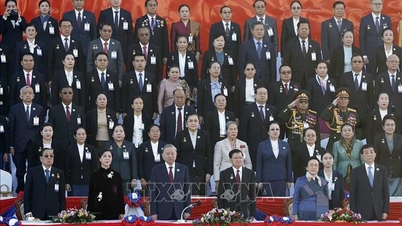

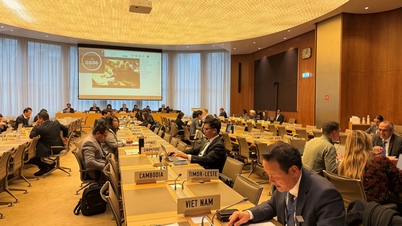


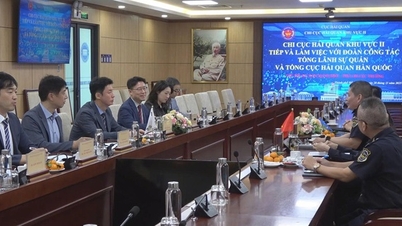





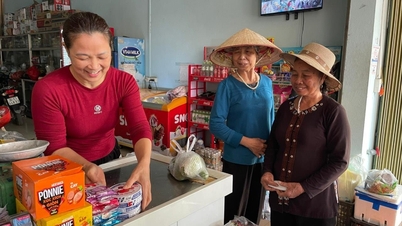














Comment (0)